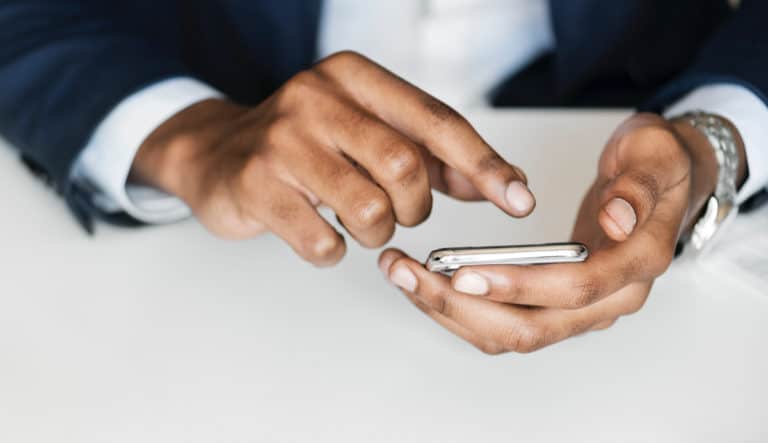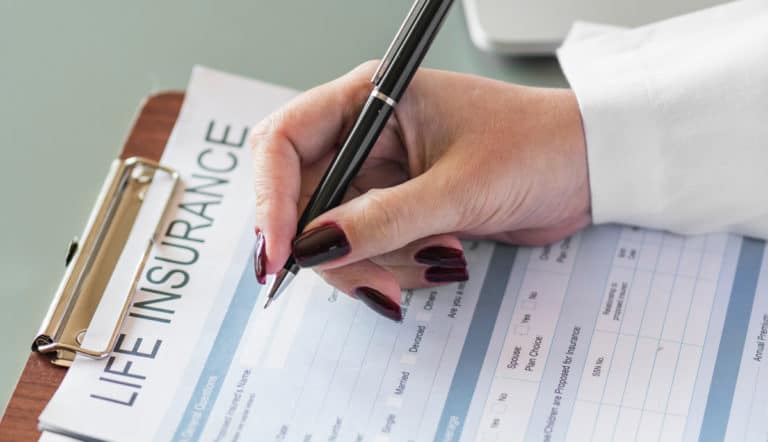If you’re like most people, you probably don’t give much thought to cybersecurity. But the truth is cybersecurity is more important than ever before. With all of the personal information now stored online, you must take steps to protect yourself from cybercriminals.
Fortunately, there are a few simple things you can do to dramatically reduce your risk of becoming a victim of a cyber attack.
This article will discuss some of the useful tips and tricks that everyone should know about when it comes to cybersecurity. By following these simple guidelines, you can help keep yourself safe from harm.
Keep Your Software Up to Date
One of the most important things you can do to protect yourself from cybercrime is to keep your software up to date. Many software programs, including web browsers and operating systems, are regularly updated with security patches that fix known vulnerabilities. If you don’t update your software, you’re leaving yourself open to attack.
To ensure your software is up to date, check for updates regularly and install them as soon as they’re available. You may also want to enable automatic updates so that your software is always up to date. And if you’re not sure whether or not your software is up to date, check the manufacturer’s website for more information.
There are many different types of software available. And for you to get the best software at the best price, you need to take time to get quotes from vendors, read reviews and compare features. It will help ensure you’re getting the best possible protection for your computer. If you’re unsure which program is right for you, consult a trusted tech expert. They can help you select the right software and configure it to provide the maximum level of protection.
Use A Strong Password
A strong password is difficult to guess and is long enough to provide adequate protection. To create a strong password, combine uppercase and lowercase letters, numbers, and symbols. And don’t use any words that can be found in the dictionary.
Another way to create a strong password is to come up with a phrase and then use the first letter of each word as your password.
It’s also essential to change your passwords regularly. You should change your passwords at least every six months and more often if possible. And don’t use the same password for multiple accounts.
Beware of Phishing Scams
Phishing scams are one of the most common methods used by cybercriminals. These scams involve sending fraudulent emails or text messages in an attempt to steal your personal information. Be sure to exercise caution when opening emails, even if they appear to be from a trusted source. Never click on links or download attachments from unknown sources.
If you suspect that a phishing scam may have targeted you, report it immediately to your security vendor or email provider. They will help you determine if the message is legitimate or not. And don’t forget to warn your friends and family about these scams so they can stay safe too.
Backup Your Data
If your computer is ever infected with malware, or if it crashes, you could lose all of your data. That is why it’s vital to back up your data regularly.
Backing up your data to an external hard drive is a good option if you have a lot of data to store. And if you ever need to access your backups, all you need to do is connect the hard drive to your computer.
Cloud storage is also a great option, as it’s typically more affordable than buying an external hard drive. It’s important to note that you should always choose a provider that offers encryption when using cloud storage. To protect your data from prying eyes.
A USB flash drive is an excellent option for backing up small amounts of data. And if you’re looking for a portable backup solution, this is the perfect option.
It’s also a good idea to keep a copy of your backup off-site. It will help ensure that you still have access to your data if something happens to your primary backup location.
Use Strong Encryption
If you store sensitive information online, it’s crucial to use strong encryption. It will help protect your data from prying eyes. There are many different types of encryption available, so be sure to choose one that is appropriate for your needs. When selecting an encryption method, make sure to consider the level of security required and the type of data being protected.
It’s also essential to keep your encryption key safe and secure. If someone gains access to your key, they could decrypt your data. So be sure to keep this information confidential and don’t share it with anyone who isn’t authorized to access it.
Use Two-factor Authentication
Two-factor authentication is a great way to protect your online accounts from hackers. This type of authentication requires you to provide two pieces of information to log in. For example, you may need to enter your username, password, and the unique code sent to your phone. This code changes every time you use it, so it’s difficult for hackers to guess.
Many online services offer two-factor authentication, so be sure to enable this feature on all of your important accounts. It may seem like an inconvenience, but it’s worth it for the added security. And if you ever lose your phone or delete the app, you can always use a backup code to access your account.
Educate Yourself About Cybersecurity
Cybersecurity is a complex topic, and it can be difficult to keep up with the latest threats. That’s why it’s crucial to educate yourself about these issues. Many different resources are available, including websites, books, and podcasts. Be sure to choose an appropriate one for your level of knowledge and understanding.
Use A Password Manager
Like most people, you have a few different passwords for different services. But what happens when you forget one of those passwords? Or worse, what if someone hacks into your account and changes your password? That is where a password manager can help.
A password manager is a great way to keep your passwords safe and organized. This software will store all of your passwords in a secure location, so you don’t have to remember them all.
This can be especially helpful if you have a lot of online accounts. And since most password managers offer encryption, your passwords are protected from prying eyes.
Use A VPN
A VPN (a virtual private network) is an important invention that can be used to protect your computer and personal information from being stolen by hackers. When you connect to a VPN, it encrypts all of your data and traffic so it cannot be read or accessed by anyone except for you and the VPN provider. This makes it impossible for hackers to steal your information, as they will not decrypt it. VPNs are also great for unblocking websites blocked in your country or region.
There are many types of VPNs, but the most crucial factor to consider when choosing one is whether or not it provides strong encryption. The best VPNs will use military-grade encryption that even the most sophisticated hackers cannot crack.
There are many different cybersecurity threats that you should be aware of. By following the tips in this article, you can help protect yourself from these threats. Remember always to keep your data backed up, use two-factor authentication, and be careful about what you share online. And if you’re ever unsure about something, don’t hesitate to ask a professional for help. Cybersecurity is something everyone should take seriously.






